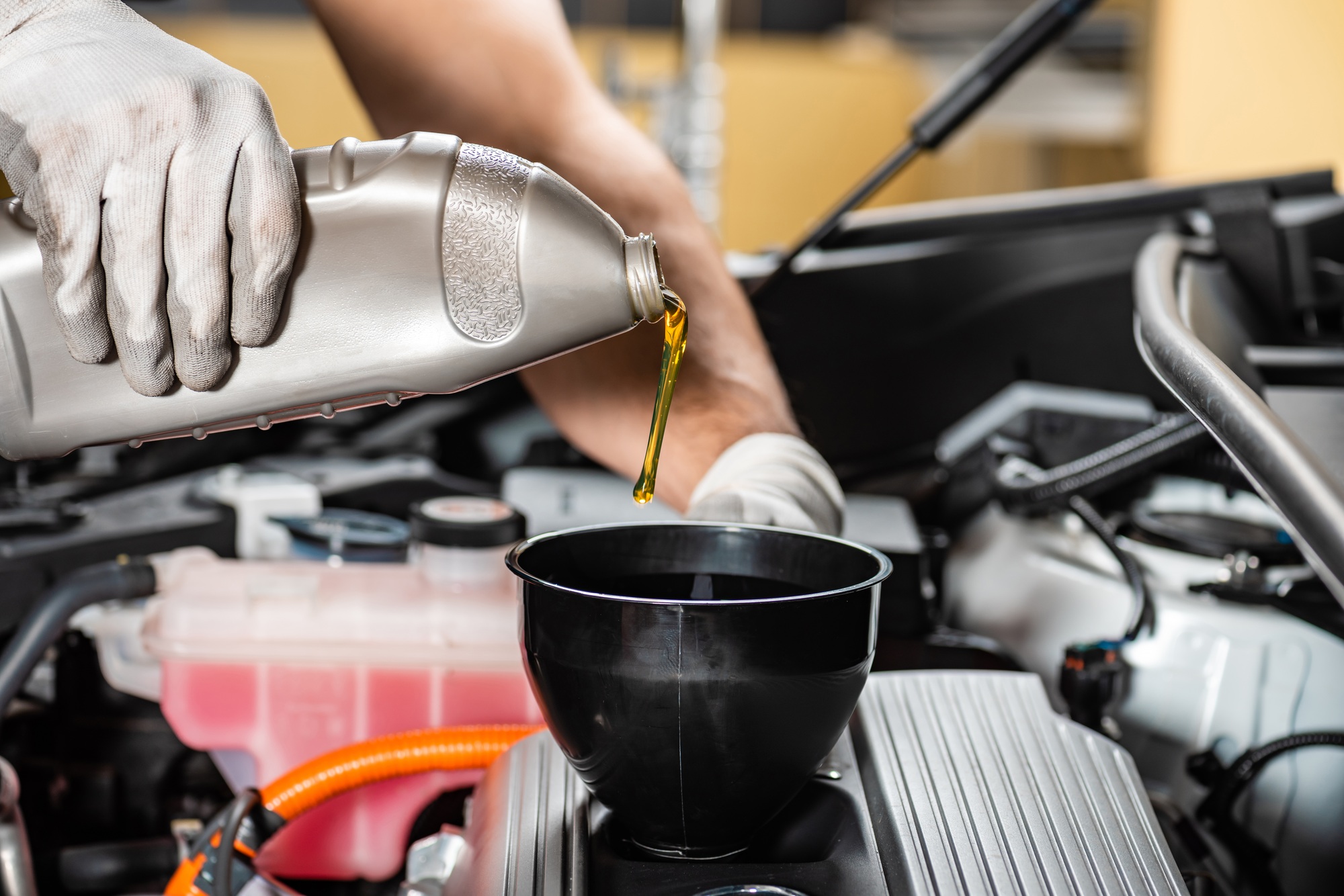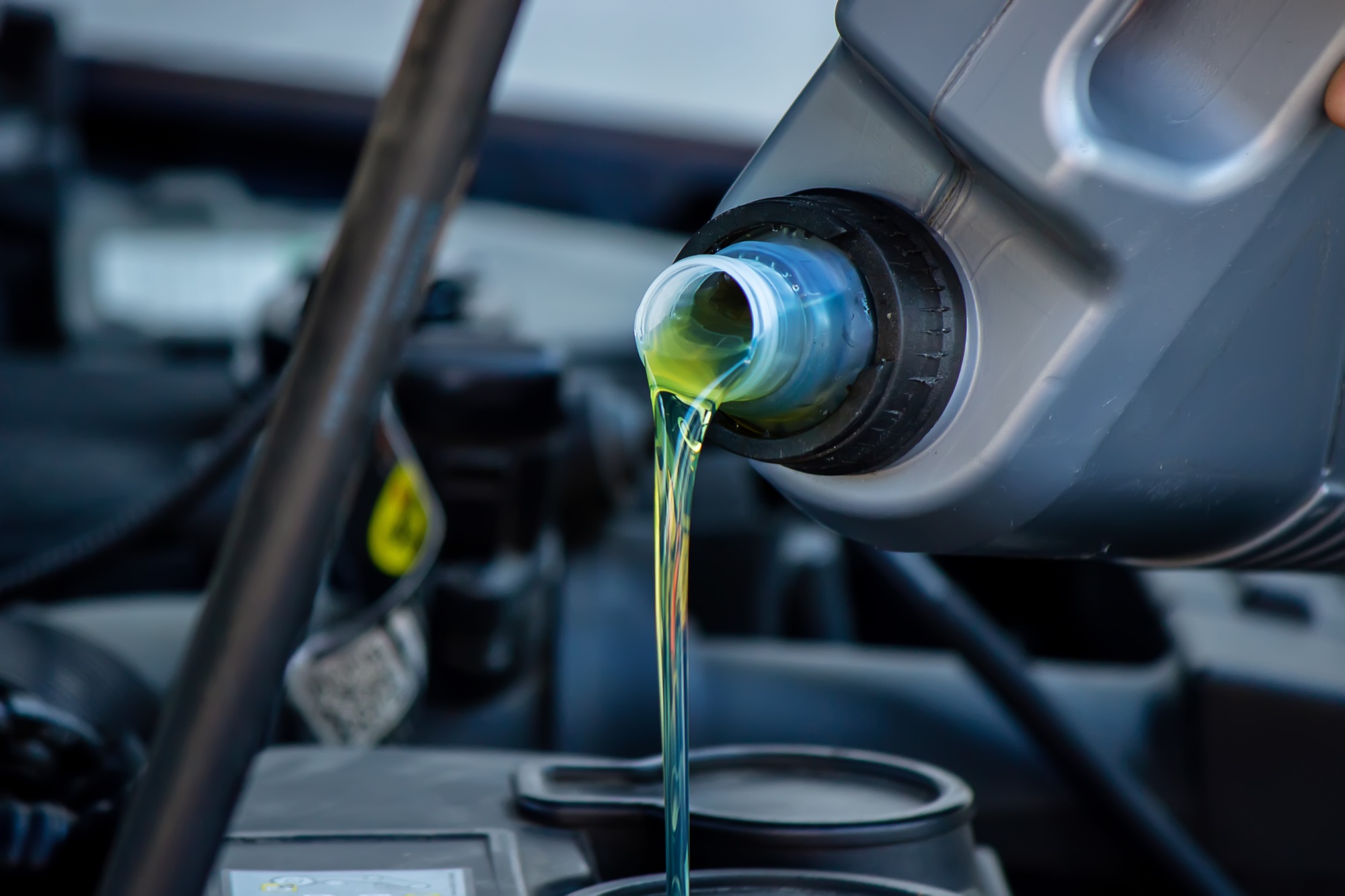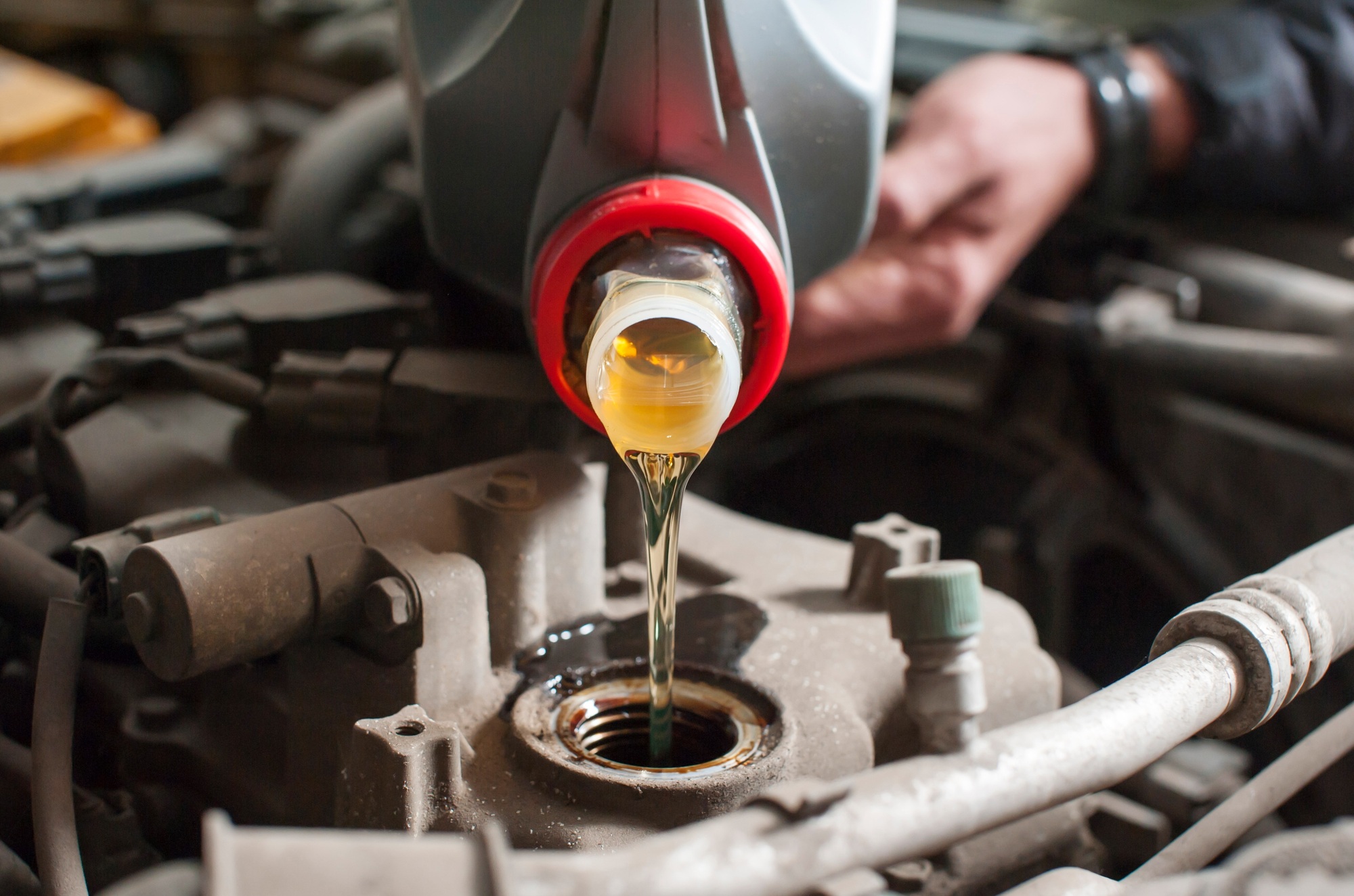Engine oil plays a crucial role in maintaining the longevity and performance of an engine. While engine oil itself is essential for lubrication, it is the additives mixed with the oil that enhance its performance and ensure smooth engine operations. The role of additives in improving engine oil performance cannot be overstated, as these chemicals are specifically designed to optimize the properties of engine oil, providing protection, efficiency, and reliability in a variety of driving conditions. This article delves into the significance of additives, their types, and how they contribute to engine performance.
Introduction to Engine Oil Additives

Engine oils are not just lubricants; they are sophisticated chemical mixtures that help maintain an engine’s health. While base oils form the primary component of engine oil, additives are the secret ingredients that ensure peak performance. These additives serve several functions that range from preventing corrosion and oxidation to improving fuel efficiency and reducing friction. Engine oils without additives would be far less effective and could cause premature wear and tear on engine components.
The importance of understanding the role of additives in improving engine oil performance lies in how they directly impact engine efficiency and longevity. Different driving conditions, such as high temperatures, heavy loads, and cold starts, can place varying demands on engine oil. Additives are formulated to address these needs, ensuring that the engine performs optimally throughout its lifespan.
Types of Additives Used in Engine Oils

Additives are categorized based on their function in the oil. Broadly speaking, these can be divided into several key types:
- Viscosity Improvers: These additives help the oil maintain an optimal thickness, preventing it from becoming too thin or too thick under various temperature conditions.
- Detergents: Detergent additives clean the engine by preventing the buildup of harmful deposits on engine parts, ensuring smooth operation.
- Dispersants: Similar to detergents, dispersants help keep contaminants suspended in the oil, preventing sludge formation.
- Anti-Wear Additives: These additives form a protective layer on engine components, reducing friction and minimizing the wear and tear caused by moving parts.
- Antioxidants: They help prevent the breakdown of oil at high temperatures, thereby extending the oil’s life and maintaining its performance.
- Corrosion Inhibitors: Corrosion inhibitors protect the engine from rust and other forms of corrosion caused by moisture or exposure to harsh conditions.
- Friction Modifiers: These additives reduce the friction between moving engine parts, improving fuel efficiency and engine response.
These additives work synergistically with base oils to create a product that offers the right balance of lubrication, protection, and performance. The role of additives in improving engine oil performance is especially critical in engines that operate under extreme conditions.
How Additives Enhance Engine Oil Performance
The primary function of additives is to enhance engine oil performance by addressing the specific challenges that an engine faces. Below are some of the critical ways additives improve the effectiveness of engine oil:
1. Enhancing Lubrication and Reducing Friction
Additives play a vital role in improving lubrication between engine components. Anti-wear additives and friction modifiers reduce the friction between metal parts, which decreases wear and tear. By reducing friction, these additives not only protect the engine from damage but also improve fuel efficiency. This is particularly beneficial in modern engines that are designed to operate with tighter tolerances and higher speeds.
2. Improving Oil Stability and Longevity
Engines operate at high temperatures, and oil can break down under extreme heat, losing its effectiveness. Antioxidants in engine oil prevent oxidation, which is a chemical reaction that occurs when oil reacts with oxygen at high temperatures. Oxidation leads to oil thickening, sludge formation, and increased wear on the engine components. Additives like antioxidants extend the life of the oil, helping it maintain its original viscosity and performance for a longer time, even under harsh conditions.
3. Preventing Sludge Formation and Keeping Engines Clean
One of the key functions of additives is to ensure that the engine remains clean and free from sludge. Detergents and dispersants are added to engine oils to prevent the buildup of harmful deposits. These additives keep impurities suspended in the oil, preventing them from settling on engine components. This is especially crucial in preventing the formation of sludge, which can lead to clogged filters and reduce the engine’s efficiency.
4. Protecting Against Corrosion and Rust
Rust and corrosion can significantly damage engine parts, leading to costly repairs. Corrosion inhibitors protect the metal parts of the engine from rust caused by moisture or other corrosive elements. They work by forming a protective film over the engine components, preventing moisture from coming into contact with metal surfaces. This is especially important in engines exposed to high humidity or those used in conditions that promote rusting.
5. Optimizing Performance in Extreme Temperatures
Whether it’s extreme heat or cold, engine oil must perform well across a wide range of temperatures. Viscosity improvers are essential in maintaining the right thickness of the oil. In cold conditions, these additives prevent the oil from becoming too thick and sluggish, ensuring that it flows easily during cold starts. Conversely, in hot weather, they prevent the oil from becoming too thin and losing its ability to lubricate properly. This ensures that the engine runs smoothly in all temperatures, making it more reliable and efficient.
Key Benefits of Additives in Engine Oils

- Improved Lubrication: Reduces friction between engine parts, preventing wear and tear.
- Increased Oil Longevity: Antioxidants help maintain oil quality for longer, reducing the frequency of oil changes.
- Better Fuel Efficiency: Reduces friction, improving overall engine efficiency and fuel economy.
- Protection Against Corrosion: Corrosion inhibitors prevent rust and other forms of damage to engine components.
- Enhanced Cleaning: Detergents and dispersants prevent sludge buildup, ensuring the engine remains clean.
- Temperature Stability: Viscosity modifiers ensure the oil performs well across a wide temperature range.
Key Additives and Their Functions
| Additive Type | Function | Key Benefit |
|---|---|---|
| Viscosity Improvers | Maintain optimal oil thickness at various temperatures | Smooth engine performance in all climates |
| Detergents | Clean and prevent buildup of harmful deposits | Keeps engine parts clean and free from sludge |
| Dispersants | Keep contaminants suspended in the oil | Prevent sludge formation |
| Anti-Wear Additives | Protect against metal-to-metal contact | Reduces engine wear and tear |
| Antioxidants | Prevent oil from breaking down under heat | Extends oil life, ensures stable performance |
| Corrosion Inhibitors | Prevent rust and corrosion in engine parts | Protects metal components from damage |
| Friction Modifiers | Reduce friction between moving parts | Improves fuel efficiency and engine responsiveness |
The Importance of Additives in High-Performance Engines
In high-performance engines, such as those used in sports cars or heavy-duty vehicles, the demand for engine oil performance is even higher. These engines operate at high speeds, under heavy loads, and at extreme temperatures, placing significant stress on the engine oil. The role of additives in improving engine oil performance becomes even more crucial in these cases. The right combination of additives ensures that the oil can handle the extreme demands without losing its lubricating properties, thus maximizing engine performance.
Conclusion
Understanding the role of additives in improving engine oil performance is essential for anyone looking to maintain their vehicle’s engine health. Additives improve lubrication, prevent corrosion, extend oil life, and ensure that engines operate efficiently under various conditions. Whether in everyday cars or high-performance engines, the right combination of additives is key to maximizing the engine’s lifespan and performance. Always ensure you choose the right oil with appropriate additives for your vehicle to achieve the best results.

